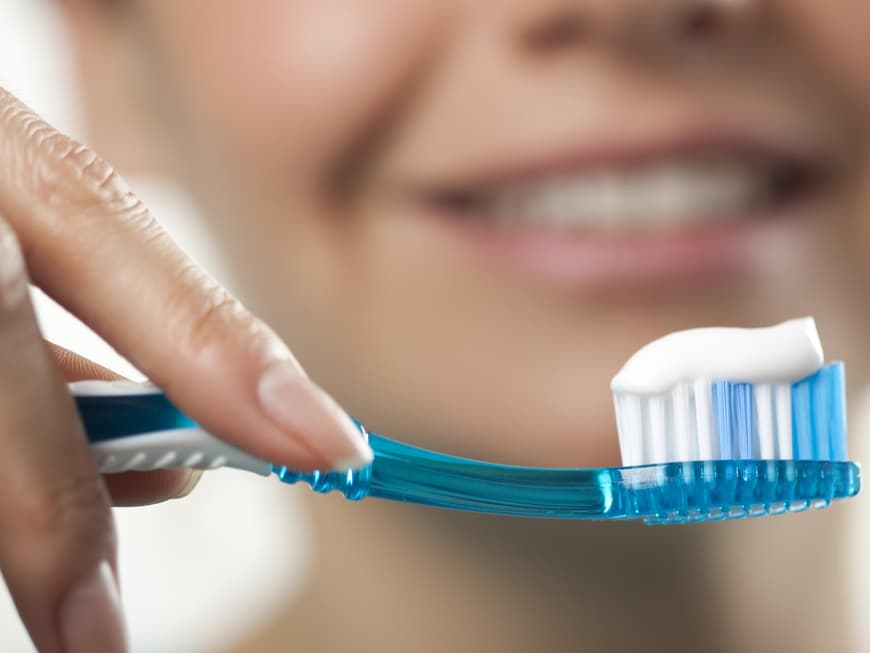
The disinfectant was originally used in hospitals to kill bacteria, fungi and viruses. Triclosan is effective - and dangerous. The consumer advice center warns against it, and researchers from all over the world are calling for the substance to be banned. It was taken off the market in the USA in 2016. In Germany, triclosan is often found in toothpaste, cosmetics and the like.
It makes bacteria resistant
Animal experiments have shown that triclosan blocks the male sex hormones that make animals female. The substance weakens the muscles and triggers allergies, damages the liver and increases the risk of liver cancer. Triclosan can give rise to multi-resistant germs that can be life-threatening for patients. The substance cannot be completely broken down in sewage treatment plants - it enters bodies of water with the wastewater and damages fish and algae. But what is triclosan doing in toothpaste and the like?
Always read exactly what is in the product
The industry likes to use the substance - preferably in toothpaste, mouthwash, soap, shower gel, non-sprayable roll-on deodorants and face powder, make-up and in the cleaning agents used to treat fingernails and toenails before applying gel nails.
Triclosan is banned in natural cosmetics
The consumer advice center advises that it is best to use only natural cosmetics - triclosan must not be used here. Be careful when products are advertised as having an antibacterial or odor-inhibiting effect: They usually contain triclosan.
